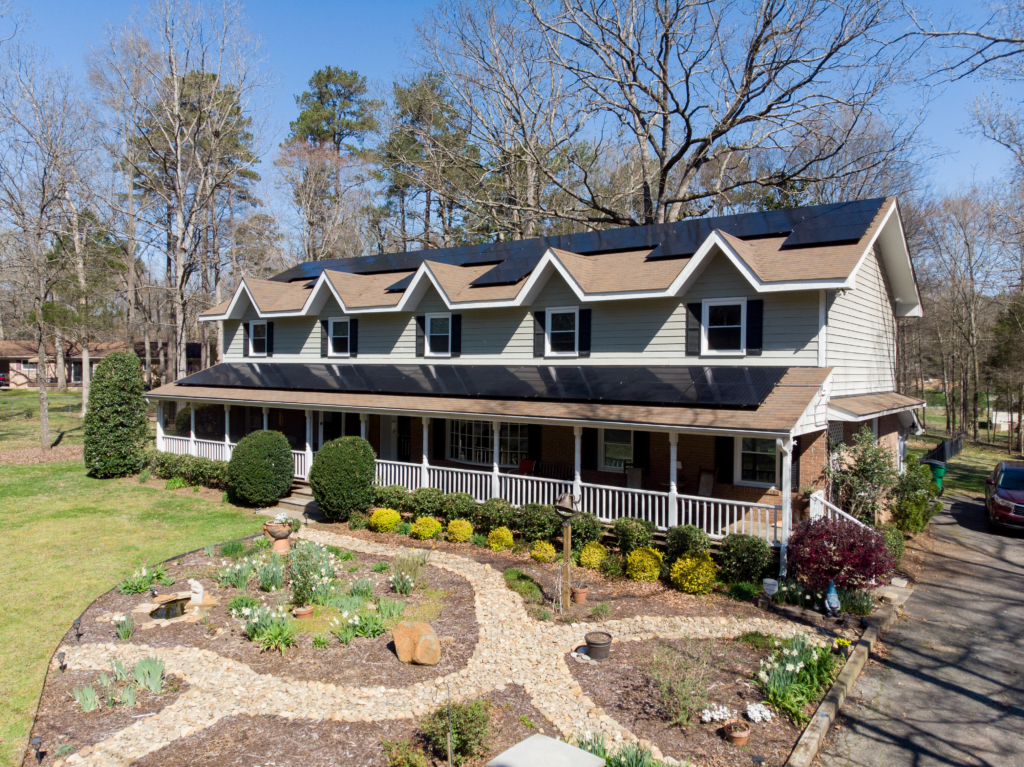Energy Conservation for Southern Homes
Energy Conservation for Southern Homes
Energy conservation for southern homes is often higher than in other parts of the country. Why is that? Historically, our area has relied on energy sources that were plentiful, and policies and plans were instituted that kept electric rates low. So while energy bills were relatively low compared to many other states, South Carolinians and North Carolinians in fact tended to use more energy. For a long time this didn’t matter much to family budgets, but that’s no longer the case.
As the energy landscape undergoes changes and rates increase, residents will notice the consequences of using larger amounts of energy. Necessary moves like coal-ash clean up, investments in grid enhancement, and costly new power plants mean proposals for increased utility rates. As regulators approve these proposals customers will notice that even as their energy use remains the same they’ll soon be paying more. Where using a multitude of devices and appliances and cranking the heat or air-conditioning used not to be a big deal to household expenses, that can change unexpectedly. Put another way, when utility rate hikes happen, southern utility customers have options to take charge of their own energy management.
There are solutions and they’re simple. Energy experts can perform an assessment of your home and may recommend:
- Adding more attic insulation
- Tuning up your HVAC system
- Servicing your heat pump
- Considering efficient light bulb and energy efficient appliance upgrades for your kitchen and for entertainment
- Surge protectors that automatically shut off devices programmed to stay in “standby” mode
- Reconsidering your second fridge or deep-freezer – do you actually feel like it’s still valuable to you?
- A consultation for solar power and potentially also energy storage to enhance your energy autonomy
By getting ambitious about prioritizing energy efficiency and cutting the energy a home consumes, investing in solar to own your energy source and dramatically reduce reliance on energy from the grid, or both, the power to overcome rate increases and still save money is within your reach. Whether pursuing conservation, rooftop solar installation, energy storage, or a combination, you can outsmart rate increases and help make your community more resilient and greener.

Frequently Asked Questions About Solar for Your Home:
How exactly does going solar and a solar system itself work?
How many solar panels do I need for my home?
Roof-size/available space: When we look at the size of your roof and the space available, we gather data that tell us the maximum number of solar panels your home or site can hold and we even consider shading. We use a software “Suneye” which takes a 360 picture of your roof and we use this photo to determine if your home is a good candidate for solar.
Energy Usage: When we determine energy usage we look at your past electrical bills from over the course of a year to make sure your system isn’t too big or too small.
Your Budget: We take your budget seriously and most importantly, we want you to be satisfied with our services. We take your feedback on how much you want to spend so that we can size your system appropriately.
What is solar net-metering?
Does Duke Energy offer net-metering?
Curious about the cost of a home solar system?
Ready to Own Your Own Energy?
Speak to Us Today!
